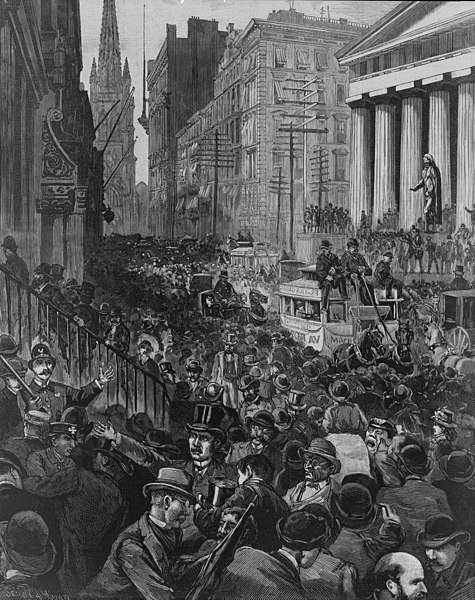Infinite photos and videos for every Wiki article ·
Find something interesting to watch in seconds
Celebrities
Great Artists
Famous Castles
Animals
Orders and Medals
World Banknotes
Wonders of Nature
History by Country
Tallest Buildings
Sports
Recovered Treasures
Great Cities
Kings of France
Rare Coins
Wars and Battles
Great Museums
Best Campuses
Countries of the World
Crown Jewels
Supercars
Largest Palaces
Ancient Marvels
Richest US Counties
Largest Empires
Presidents
British Monarchs
more top lists


